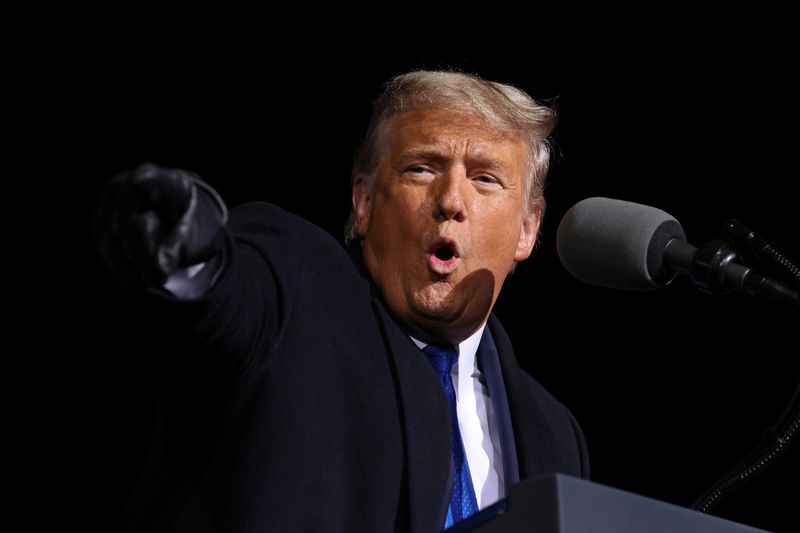(Reuters) – Nebraska’s governor said on Tuesday he would not call a special legislative session to consider altering the state’s method of awarding electoral votes ahead of the Nov. 5 presidential election, ending an effort backed by Donald Trump and his Republican allies.
The announcement came one day after a key Republican lawmaker, state Senator Mike McDonnell, said he would not support changing the system to winner-take-all, leaving the Republican super-majority in the state legislature at least one vote shy with Democrats universally opposed.
In a statement, Republican Governor Jim Pillen called McDonnell’s decision “profoundly disappointing” and confirmed he would not call lawmakers back into session before Election Day.
Unlike many countries, the U.S. president is not elected by the national popular vote; instead, each state awards Electoral College votes in proportion to its population to the winner of that state.

Nebraska and Maine are the only two states that allocate electoral votes partly based on congressional district. In 2020, Democrat Joe Biden won one of Nebraska’s five electoral votes in an Omaha-based district, while Trump won one of Maine’s four votes.
With Trump, the Republican candidate, and Vice President Kamala Harris, his Democratic rival, locked in a tight contest, every electoral vote could matter in November. In some plausible scenarios, Nebraska’s Omaha-centered electoral vote could mean the difference between a Harris victory and a Trump one.
To read the full article, Click Here

